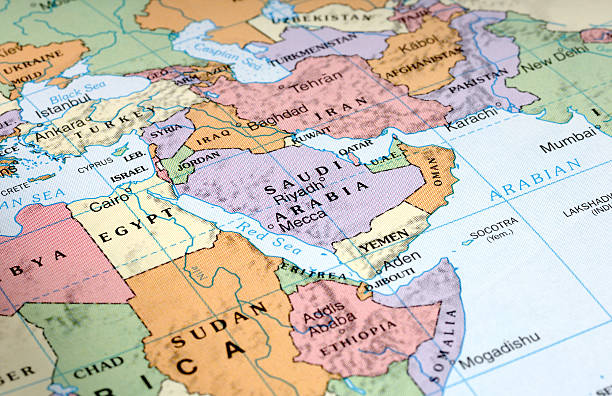
In the fall of 1966, I took a series of exams to join the Turkish Foreign Ministry. Among other things, we were asked to comment on a widely used metaphor, “Turkey is a bridge between East and West”. I wrote that throughout history Anatolia has been a meeting point of cultures and Turkey’s future lies in creating a successful synthesis. In my later years in diplomatic service, I continuously objected to the use of this metaphor arguing that a bridge belongs to neither of its banks and Turkey had already made her choice. With the launching of EU accession negotiations in October 2005, I came to believe that we had finally crossed the Bosporus Bridge and were travelling irreversibly towards the West. This by no means meant a rupture with the East for obvious reasons including geography and history. Moreover, our good relations with the region were an asset for the EU.
Indeed, only a decade ago Turkey was still on the democratic path. At the time, Ankara was a pillar of regional stability whose partnership was sought. Yes, the EU accession process was an open-ended exercise fraught with difficulties, but it had enhanced our regional role. President Obama had made a landmark visit to Ankara praising Turkey’s secular democracy. Our relations with Russia were stable and continuing to expand. Relations with China, India and other emerging powers offered new prospects. None of this is to say that we had no external challenges. But our agenda was a positive one. We were set on expanding our horizons.
Then, our democracy started to falter as the Arab spring threw the region in turmoil. Turkey’s ruling Justice and Development Party (JDP) saw the protests as a window of opportunity to support the Muslim Brotherhood. It assumed a leadership role in the regime change project in Syria. Non-interference in Arab affairs ceased to be an axiom of Turkish foreign policy. Soon, we were back on the Bosporus Bridge again, this time moving in the opposite direction. Inevitably, our horizons narrowed down to the Middle East.
Russia’s intervention in Syria in October 2015 proved a game changer. Turkish government’s partners in the regime change project gradually left the scene. Downing of Russia’s Su-24 bomber on November 24, 2015 led to tensions between Ankara and Moscow putting decades-long cooperation in danger. There was no way the government could forgo its cooperation with Russia. It apologized. Then came the Astana process. With a bit of exaggeration, it replaced the EU accession process. Turkey’s horizons further narrowed down to Syria.
The agreement reached in May 2017 by Russia, Iran and Turkey in Astana called for the cessation of hostilities between rebel groups and regime forces in four “de-escalation” zones. Between March and July 2018, Russia helped the Syrian regime recapture the last three de-escalation zones. Then, Damascus turned its attention to Idlib. Ever since, Idlib has become Turkey’s number one foreign policy problem. To put it bluntly, when we look beyond our borders, we no longer see anything but Idlib.
The journey of the last decade has been a costly one. Our relations with traditional allies are in disarray. The EU accession process is dead. The Trump White House may not care much about Turkey’s democracy, but we are on opposite sides on many important issues. Our cooperation with Moscow appears uncertain. Our relations with Egypt, Israel and the Gulf states have hit the bottom. We are diplomatically isolated. Turkey hosts more refugees than any other country in the world. At a time of huge economic challenges our defense spending has shot up. Worst of all, we have become a dangerously polarized country.
Turkey must get out of the Syria/Idlib labyrinth sooner than later because we have two incomparably more important problems to address: the restoration of national unity and the restoration of our democracy.
Ali Tuygan, Ambassador (Ret’d) and former Undersecretary of the Turkish Foreign Ministry. The article is also published on his blog. https://diplomaticopinion.com/2020/02/27/turkeys-narrowing-horizons/#more-1458









